
Childhood obesity insight
Using research to help professionals and stakeholders understand what factors influence changes in weight in primary school children and want needs to change to reverse child obesity.
More +We worked across North Wales to understand beliefs, attitudes and behaviours relating to healthy weight management in childhood and the needs of parents/guardians of children identified as overweight or obese.
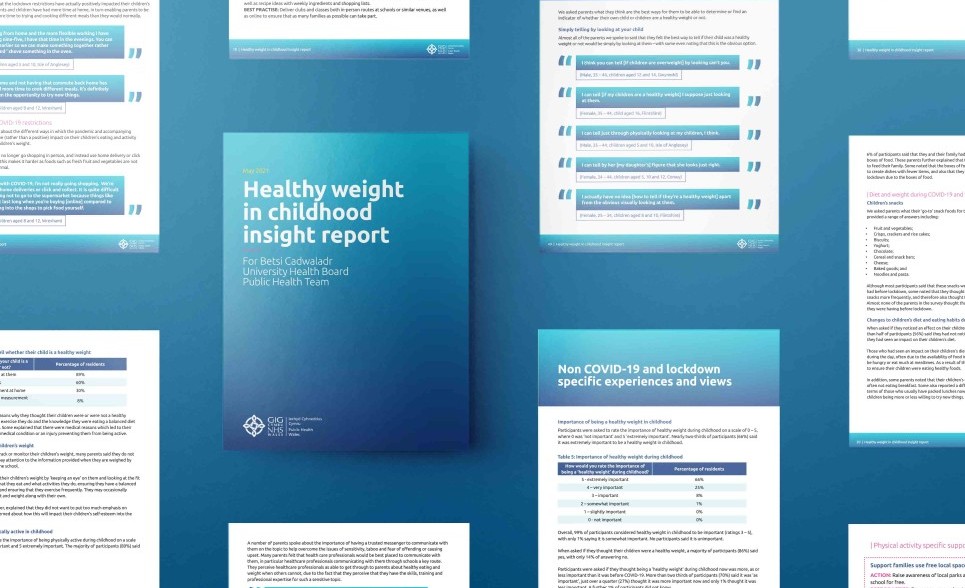


Supporting parents/guardians of children identified as overweight or obese
While childhood obesity increases the risk of long term negative physical and mental health outcomes, there is little support for parents/guardians of children identified as overweight or obese through the national child measurement programme. To help inform the development of a comprehensive support package, the Betsi Cadwaladr University Health Board (BCUHB) Public Health Team commissioned Social Change to undertake insight research to understand attitudes, behaviours and experiences in relation to healthy weight in childhood.
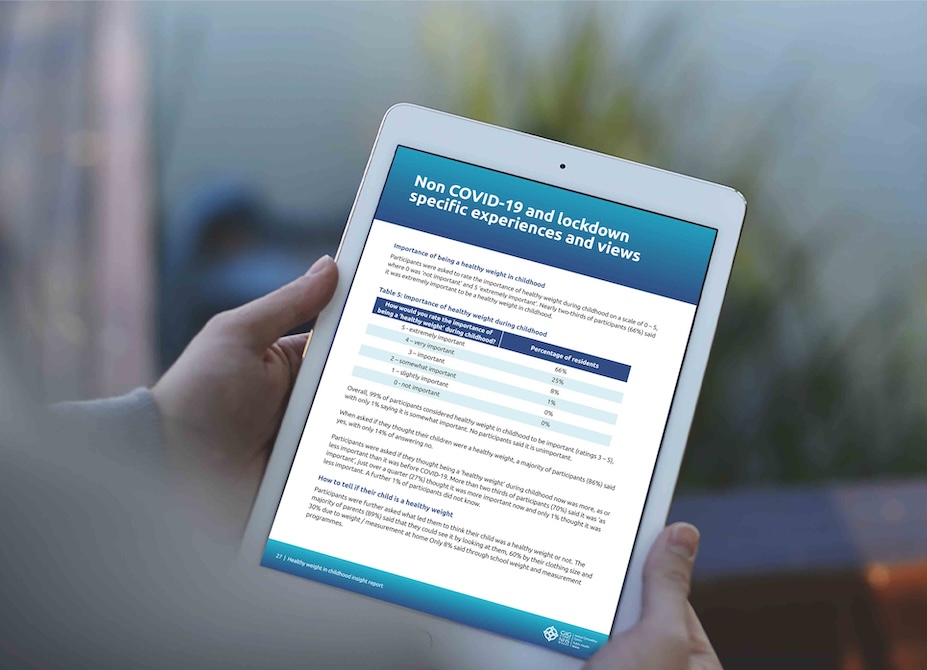
Understanding eating habits and physical activity
We engaged with parents/guardians on children aged 5 – 18 through an online survey and telephone interviews. We sought to understand attitudes, behaviours and experiences in relation to healthy weight management not only for the parents/guardians, but also their children. This included capturing information about physical activity and eating habits, and how family and wider life (e.g., school and the COVID-19 pandemic) influenced this. The research aimed to identify behavioural insights to communicate the motivations and barriers towards healthy weight management, and what support would better help people take positive steps towards this.
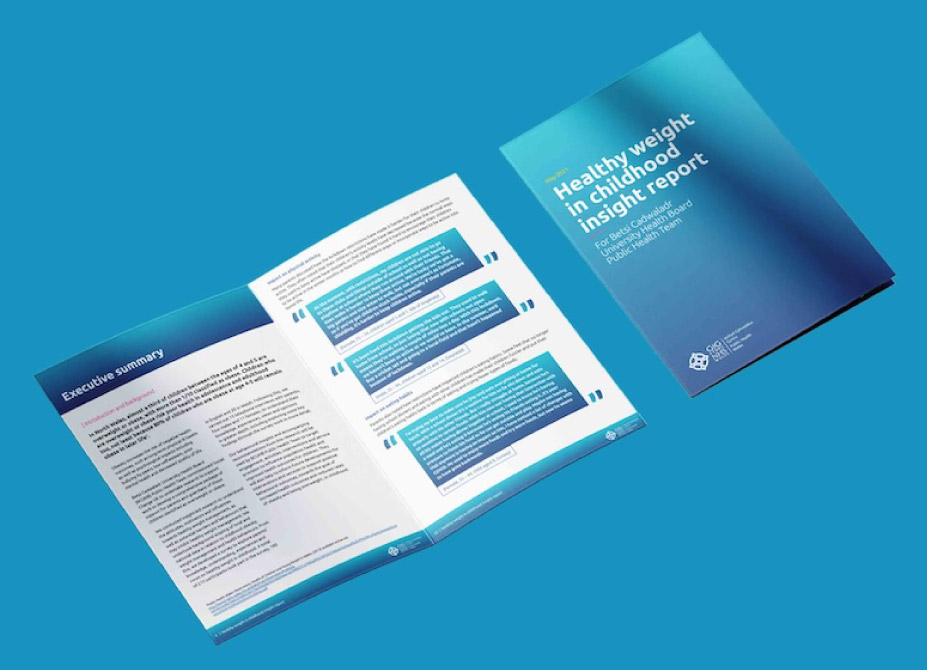
From the behavioural insights we were able to make actionable recommendations to support the BCUHB Public Health Team to encourage positive behaviour change and achieve their goal of increased health outcomes and reduced rates of obesity and being overweight in childhood. Just some of the areas addressed included:
• Changes to local infrastructure
• Tips, advice and recipes to support healthy eating habits
• Support in purchasing healthier foods
• Targeting and engaging parents/ guardians with interventions

Using research to help professionals and stakeholders understand what factors influence changes in weight in primary school children and want needs to change to reverse child obesity.
More +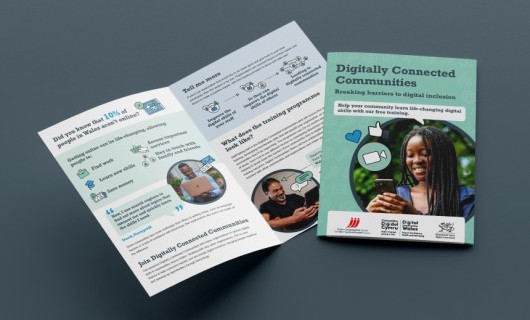
Using behavioural insights to create a campaign which engaged ethnically diverse communities to understand the barriers to them being online and using the internet confidently.
More +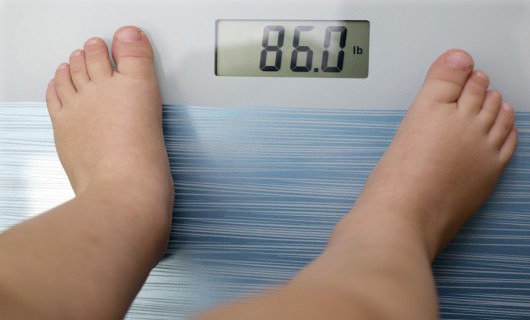
Childhood obesity is one of the biggest public health issues facing England and this needs to change. In this infographic, we've gathered all the relevant facts and stats around childhood obesity to show you the real scale of the problem.
More +Enter your email address below to access the Academy and our Webinars